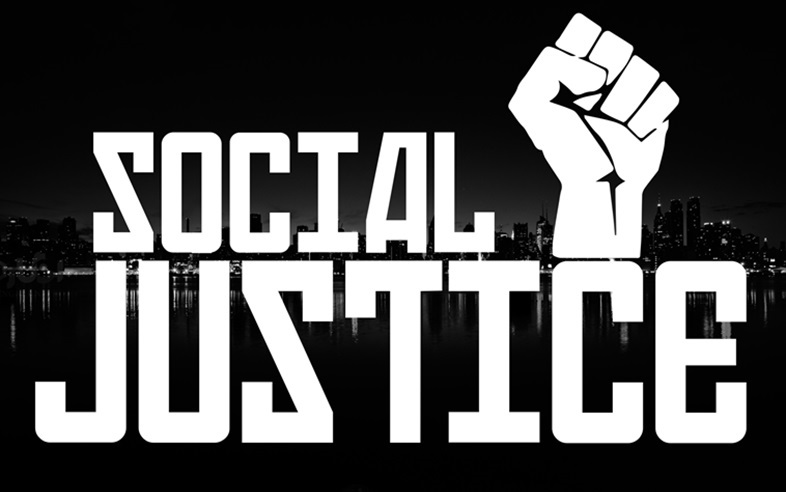Social justice is a concept that everyone places special emphasis on, but it is considered as one of the basic principles in Islam and has a special place in the field of Islamic politics. Considering that social justice is defined as equal rights among all members of the society, it has taken the position of one of the most important principles of governance in the political system. Therefore, the element that is considered as the most fundamental factor in providing and guaranteeing social justice in the society is the government. In a system that is dominated by the ruler and has authority in the society, especially in the Islamic government, policies should be carried out in such a way that the result is general equality before the law, legal equality of all citizens, equal opportunities in all political, economic, Educational, developmental and social areas for all citizens. Otherwise, any alienation and exclusion of a number of citizens for any reason means ignoring justice and fueling discrimination and inequality.
Afghanistan, as a member of the world community and more importantly as an Islamic country, is facing the problem of lack of social justice and in the history of this country full of ups and downs, there is little sign of social justice. Considering that currently the Islamic government is ruling in Afghanistan, in order to move in the direction of just Islamic governance, it is necessary to search for completely Islamic models in history and use them to model the governance process in the country and ensure social justice.
The most prominent historical examples in Islam can be found during the era of the rightful caliphs; The era in which, on the one hand, the religion of Islam developed to a great extent and took control of the vast geography of the earth, and on the other hand, the words and actions of the rulers of the Islamic caliphs in the field of politics and governance in the axis of Islamic justice, clearly affected the society.
Equality before the law has been one of the ancient ideals of mankind. The religion of Islam has always emphasized practical equality, and in fact, one of the main messages of Islam and the call of the Prophet of Islam was the realization of this ideal. Besides this, the rightful caliphs also tried to define laws that guarantee equal rights for all people before the law.
It is stated in Sunan Baihaqi that once Hazrat Abu Bakr Siddiq, the first caliph of the Prophet, during his caliphate, punished a man who had entered Baitul Mal without permission, then he regretted his action and called that man and asked him to avenge these few blows and take the whip from them. Hazrat Umar, who was watching the incident, suggested that Abu Bakr satisfy that man; Therefore, Hazrat Abu Bakr ordered his slave to give him something to satisfy that man. This approach of the Caliph of Islam clearly shows that during his time, everyone was responsible before the law and no one even considered the Muslim Caliph to be superior to others and above the law. This is while the slapping of ordinary citizens and the weak and helpless people of the society by the government soldiers and powerful people and politicians is a normal thing that happens every day.
It is also mentioned in Tabari’s history that Hazrat Usman once punished his servant in a state of anger, then he regretted and told him that you should take revenge on me. The servant refused at first and Hazrat Usman continued to insist and said: “Retribution in this world is much better than retribution in the hereafter.”
Another challenge that stands in the way of providing social justice in Afghanistan is the policy of exclusion and denial. Ethnic, religious, linguistic, etc. affiliations have long been a factor for maintaining power and ignoring others and removing them from the circle of power and participation.
At the same time, in the religion of Islam, except for piety, there is no valid and accepted criterion for the superiority of human beings against each other.
It is hoped that, contrary to the bitter past, Afghanistan will achieve social justice and everyone’s participation in all areas of life, and all people who are citizens of this country will see themselves in the mirror of power and politics.











Read More
The Impact of U.S. Aid Cuts to Afghanistan
Hundreds of Students Missed Educational Trips to Russia
The Damages of Widespread Migration of Afghans to Foreign Countries